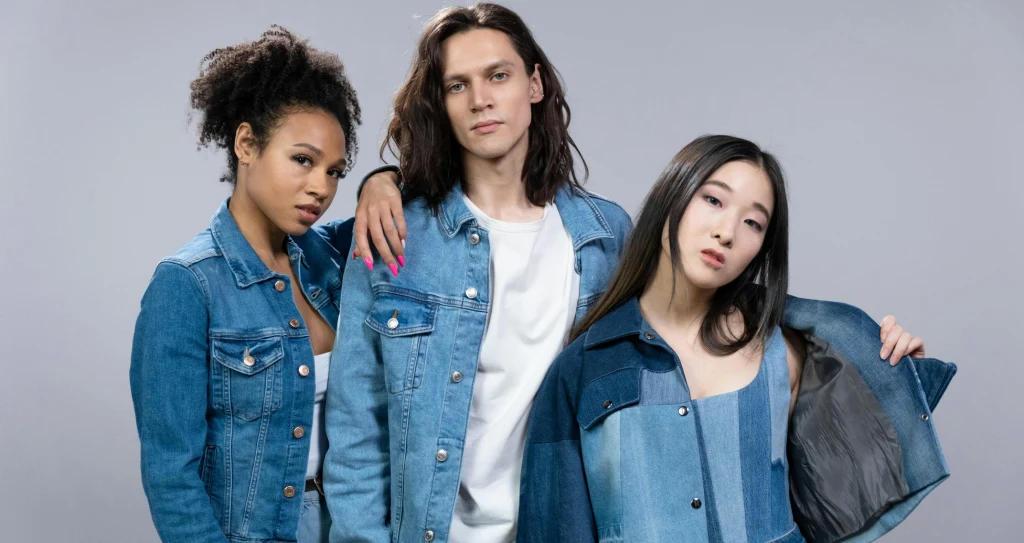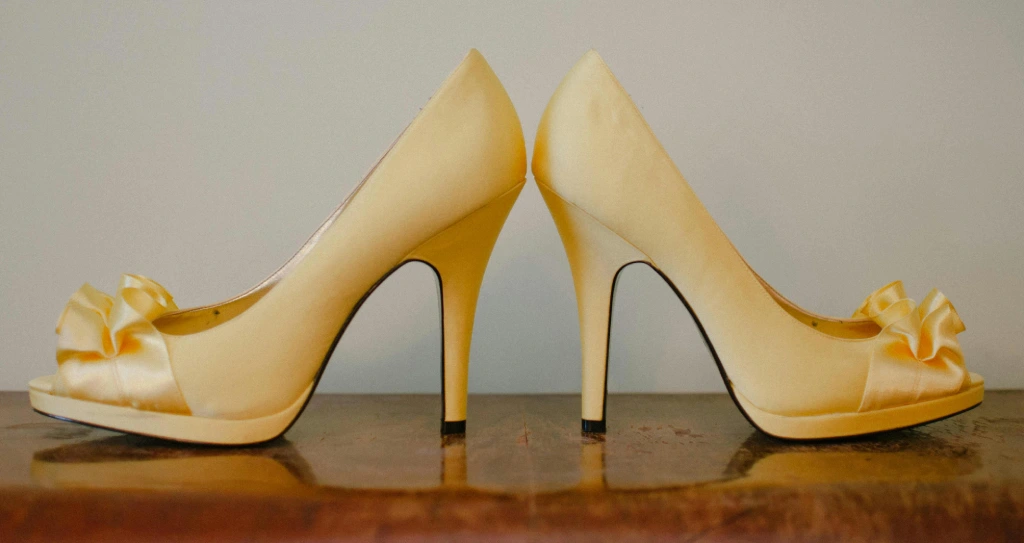Generally speaking, Wrangler is linked to tough denim pants, cowboy boots, and an authentic, adventurous way of life. The brand’s journey from farm to fashion is as lengthy and intricate as the denim it produces, but many people are unaware of this.The evolution of Wrangler denim from a workwear mainstay to a fashion icon is examined in this article.
The Birth Of Wrangler: A Brand With Roots In The American West
The story of Wrangler denim begins in the early 1900s, at a time when workwear was evolving to meet the needs of farmers, ranchers, and laborers across the United States. Originally, Wrangler was not a standalone brand but rather a part of Blue Bell, a company known for making durable clothing for working people.
Blue Bell aimed to develop a new denim collection in 1947 that was especially made for the working cowboy. Although jeans were useful at the time, they lacked the comfort and toughness required for extended periods of time spent in the field or riding a horse. Rodeo champion Jim Shoulders, who was well-known for his profound understanding of the requirements of Western cowboys, eventually partnered with Blue Bell as a result. They collaborated to produce a line of jeans that would eventually come to represent toughness, functionality, and style.
Wrangler jeans debuted in 1947, and the brand was quick to make a name for itself with its distinctive features, including deep pockets, reinforced stitching, and a unique “W” stitch on the back pockets. These elements not only set Wrangler apart from its competitors but also earned it the loyalty of working men and women who needed clothing that could withstand the harsh demands of their labor.
Innovation For The Modern Worker

To meet the changing needs of its clientele, Wrangler kept innovating its denim collection in the ensuing years. The fit of this design, which was created especially for rodeo cowboys, allowed for increased flexibility and mobility. Wrangler’s reputation as the preferred brand for industrious people was solidified by its commitment to enhancing functionality while preserving its robust, long-lasting quality.
Additionally, Wrangler established itself in the competitive rodeo industry. By sponsoring multiple rodeos and designing custom apparel for champions like Jim Shoulders and Larry Mahan, the brand became synonymous with rodeo athletes in the 1950s and 1960s. Wrangler’s standing as the preferred brand for serious cowboys increased along with the popularity of the rodeo sport. Customers nationwide and abroad were drawn to the brand’s genuine, Western appeal because of its association with rodeo.
Wrangler’s Cultural Evolution: From Workwear To Streetwear

In the 1970s and 1980s, Wrangler found a place not just in the fields and rodeo arenas but also in the streets and high-fashion runways. The cultural shift toward denim as a symbol of rebellion, youth culture, and working-class identity was gaining momentum, and Wrangler was right there, adapting to the changing times.
Wrangler adopted the casual wear trend that was popularizing the country in the 1970s. Denim evolved into a fashion statement as well as a useful fabric. Wrangler’s jeans were not only practical but also fashionable, with a polished yet tough appearance that appealed to a broad market. Wrangler’s position in the larger cultural consciousness was solidified and the brand was further thrust into the mainstream by their affiliation with country music icons like George Strait.
Wrangler broke away from its reputation as a company that only made workwear by entering the fashion industry in the 1980s.For anyone wishing to blend their American heritage with cool, comfortable, and casual style, Wrangler’s iconic items—shirts, jackets, and jeans—became indispensable pieces.
The Modern Legacy: Wrangler’s Continued Influence
Even now, Wrangler remains a major force in the denim industry. Its legacy blends true Western heritage, cultural relevance, and innovation.Through collaborations with fashion designers, sustainability activists, and pop culture icons, the brand has been able to reshape its place in the global market.
Wrangler has also embraced sustainability in recent years, matching its manufacturing procedures to the rising demand from customers for eco-friendly clothing. In order to create more sustainable products, such as jeans made from recycled cotton, the brand has made investments in environmentally friendly denim production methods that use less water and chemicals.
Wrangler’s continued commitment to quality and durability has made it a mainstay in the closets of millions worldwide. Whether you’re working on a farm, attending a country concert, or simply living life with a sense of rugged adventure, Wrangler’s denim products are as relevant today as they were when they first hit the market more than 70 years ago.
Conclusion:
From its start as a tough brand for farmers and cowboys to its evolution into a global fashion icon, Wrangler denim has endured. The brand’s ability to adapt to changing cultural trends while upholding its fundamental principles exemplifies its lasting legacy.Remember that when you put on a pair of Wranglers, you’re not just wearing jeans; you’re wearing a piece of American history.
Note: When you make a purchase through our affiliated links, a small commission is earned by us.





Leave feedback about this